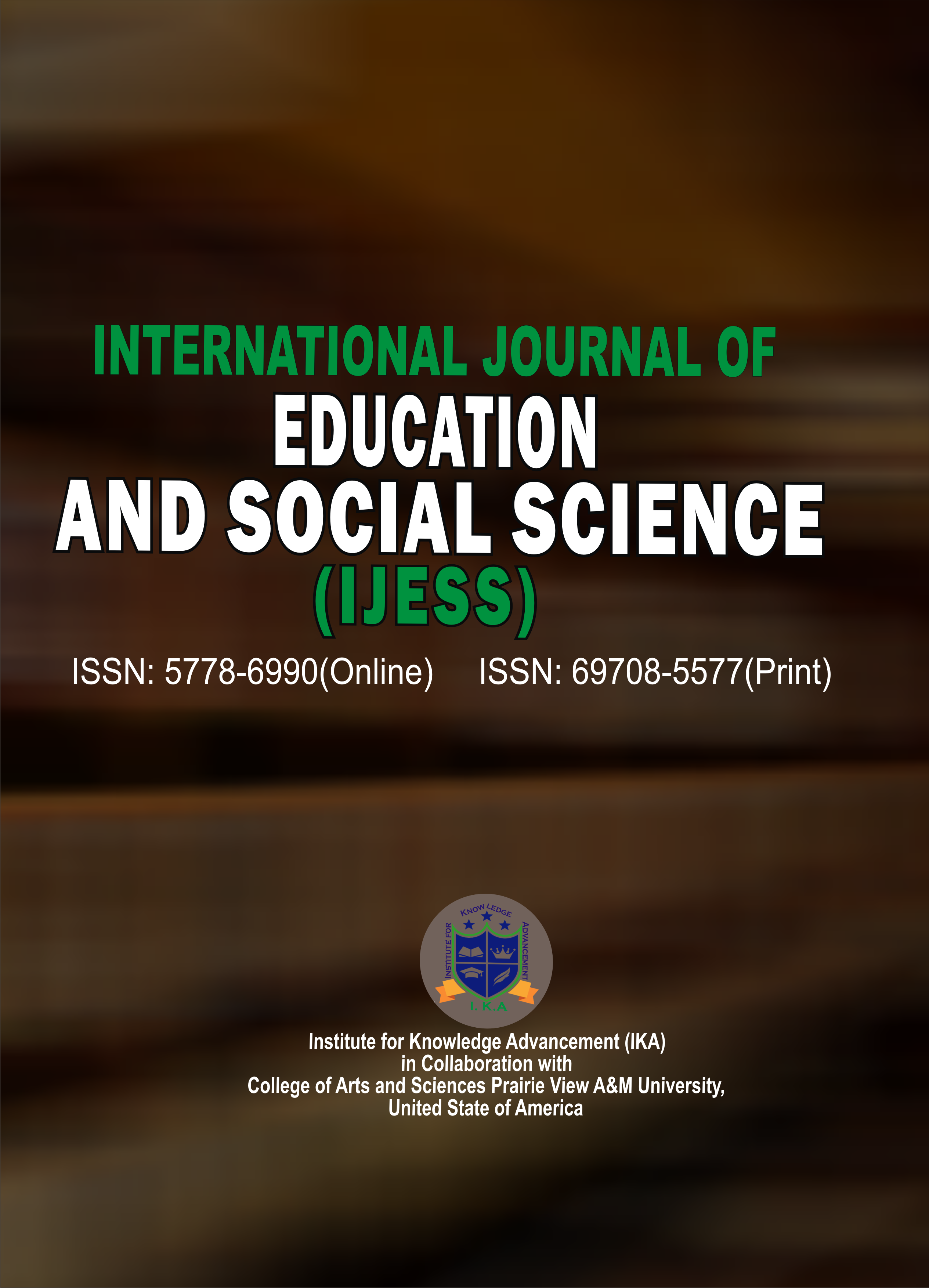INTERNATIONAL JOURNAL OF EDUCATION AND SOCIAL SCIENCE (IJESS)
Co-Construction of Knowledge: Impacts on Identity and Knowledge of New Generations
E-ISSN: 5778-6990
P-ISSN: 6790-5577
DOI: https://iigdpublishers.com/article/718
The concept of embodiment is becoming a prominent topic, useful in understanding the use of avatars not as prosthetics of themselves, but as "alter egos" with their own "personality" and "biography." So, it is interesting to analyze them not only of human relationships, but also in learning and the impact on identity mediated by the digital medium. This exploratory research aims to make a first contribution to understanding the relationship between embodiment, emotion, learning and empathy in the virtual world with a new sociological perspective. Netnography with direct observation of players of GTA 5 and Wo Long Fallen Dynasty was used in this pilot study. Specifically, the live gameplays of three streamers were observed. In fact, in the virtual world, the "digital alter ego," which impersonates the user's will and ability to act, is the pivotal element; in addition, a fundamental element, namely the coconstruction of knowledge, also intervenes. The avatar, therefore, allows for expression according to the identity characteristics that the individual believes he or she has and enables the exploration of roles inaccessible in real life, as well as the development of new knowledge together with other avatars, which belong to the set of experiences that are lived in the virtual world. Avatars enable individuals to express social elements in the digital world, directly intervening in culture and generating new culture through co-learning, both direct and indirect.
Vincenzo Auriemma
Auriemma, V. (2024). Emotion, embodiment and the virtual world. London: Routledge.
Auriemma, V., & Battista, D. (2023). Evaluative literacy in the self-learning era: The role of new technologies and artificial intelligence. Q-Times Journal, 82-93. https://doi.org/10.14668/QTimes_15408
Auriemma, V., Battista, D., & Quarta, S. (2023). Digital embodiment as a tool for constructing the self in politics. Societies, 13(12), 261. https://doi.org/10.3390/soc13120261
Battista, D. (2023a). Play, participate, decide: The emergence of video games as tools for political participation. Journal of Sociological Research, 15(1), 1-14. https://doi.org/10.5296/jsr.v15i1.21360
Battista, D. (2023b). Political and gender narratives: An immersion in contemporary Italy through the social lens on women leaders. Comunicación y Género, 6(2), 89-99. https://doi.org/10.5209/cgen.91997
Mohammed, S. B., Khalifa, M. M., & Abubakar, A. (2024). Effect of petrol subsidy removal on government income, cost of living, consumption patterns, savings and investment, and SMEs performance. Journal of Social Economics Research, 11(3), 290-308. https://ideas.repec.org/a/pkp/josere/v11y2024i3p290-308id3774.html
Suleiman, M. (2011). Poverty reduction as a panacea for violence free elections in Nigeria. https://scholar.google.com/citations?view_op=view_citation&hl=en&user=7VZ4PG MAAAAJ&citationforview=7VZ4PGMAAAAJ:tzM49s52ZIMC
